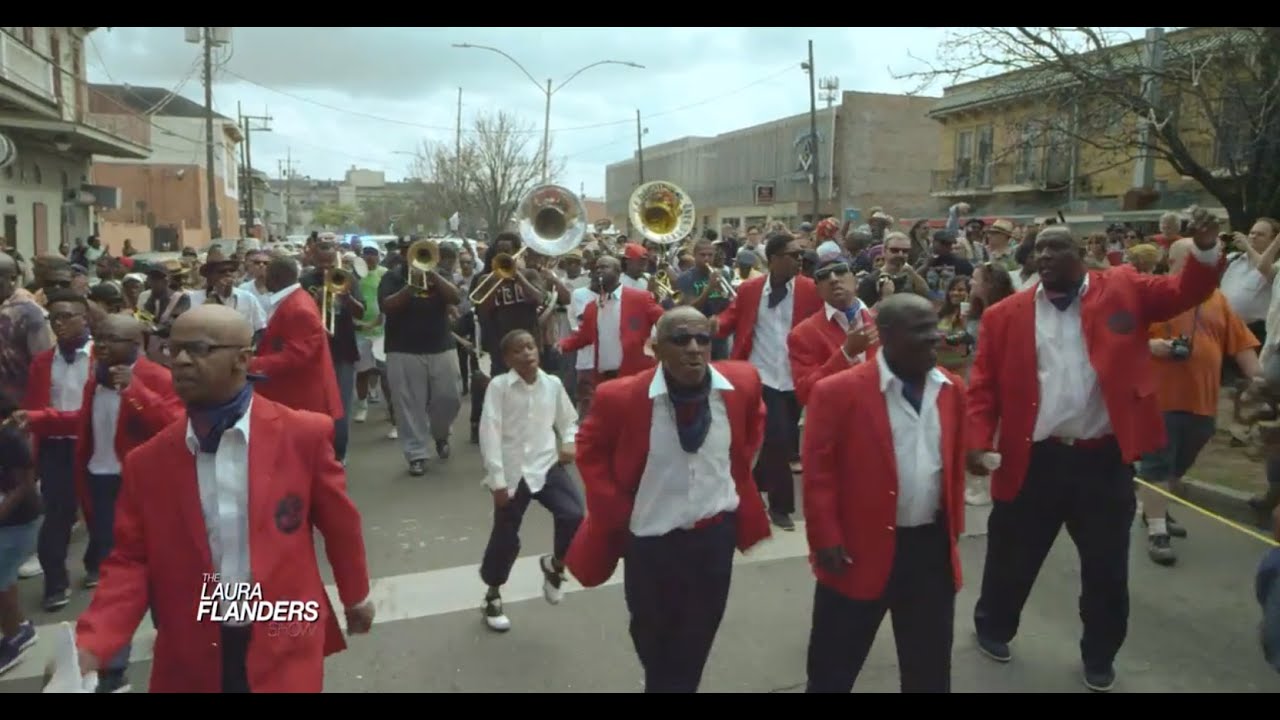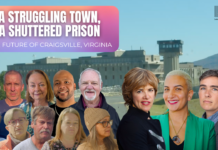Ten years after Hurricane Katrina, a new documentary from The Laura Flanders Show and teleSUR English explores the race, class and gender outlines of the reconstruction of New Orleans.
At least seventy-one billion dollars in federal money has been spent. But has every opportunity been seized to bring back not just the place, but its people, so they’re stronger and healthier than before? We explore, from the grassroots, systemic changes in housing, economic development, and policing. How have federal, state and city policies affected the people of New Orleans?
Lieutenant General Russell Honoré was put in charge of military rescue efforts after Hurricane Katrina. What he saw was a man-made disaster, caused by politicians under control of the oil and gas industry. “Our problem is, because of the damage that has been left by the oil and gas industry, we have less wetlands today than we had 20 years ago,” he says. “It’s been supported by Congress, multiple presidents in the White House, and all our governors. We are the second largest energy producer in America and we’re the second poorest state. The state has been looted.”
“We’ve got 52% unemployment as it relates to African-American males, but we’re experiencing an economic boom,” explains New Orleans city council president Jason Williams. “Our major industry is tourism; hospitality, restaurants, hotels, motels. The folks who are working those jobs in the kitchen, making up the beds, cooking the food, those folks are the working poor in this town. It’s just for generations they have not shared in the revenue in those industries.”
Oliver Thomas was city council president at the time of Katrina, and was on track to be the city’s next mayor, until he went to federal prison for accepting bribes. He says that the recovery took the wrong direction from the beginning. “Our mayor and too many of our business people wanted a market based recovery, and that’s what we got. We should have fought for a community-based recovery. We should have brought our working class people back, set up temporary housing, schools, and medical for them, then build from there. Since we didn’t do that, that’s why we’re struggling, that’s why a ten year recovery will probably end up being a twenty, for some, if it every happens.”
Sean Cummings, a developer that has helped reshape New Orleans’ downtown, takes a different perspective. He says that the city is improving, and federal dollars were well spent. “I think the city’s brand has been extended worldwide, even more deeply into the consciousness of people than it had been before,” he says. “All sorts of young people coming here, filmmakers, furniture makers, glass casters, folks in the film industry, entrepreneur startup companies, they want to live in these historic neighborhoods.” He says rising rents are a sign of an improving economy. “I think you just have to look at it a little bit perhaps broader geographic perspective where folks are displaced. Where actually are they displaced? Does it not make it a more robust community?”
Toya Lewis is part of an organization called Stand With Dignity that has been fighting for jobs and opportunities for New Orleans poorest residents. As a former public housing resident, Toya says that her former community was torn down in the name of profit. “The developers wanted to tear down public housing for money. It’s money, it’s greed. It has nothing to do with humanity or beautifying anything, because if that was the case, they could have replaced what existed,” she says. “One of the biggest things that’s necessary in decriminalizing blackness is creating a equitable economy,” she adds.
The film is produced and directed by Jordan Flaherty and executive produced by Laura Flanders and teleSUR English. Story producer is Marin Sander Holzman; camera by Joshua J. Bagnall, Melisa Cardona, Jonathan Klett, Abdul Aziz, and CrossPond Productions. Edited by Anna Barsan, Rebecca Scheckman and Jonathan Klett. Score by Drop Electric, with additional music by TBC Brass Band. Translation by Cynthia Garza.
Featuring interviews with Lieutenant General Russel Honoré, the commander of military relief operations during Katrina; former New Orleans city council president Oliver Thomas; current city council president Jason Williams; developer Sean Cummings; activists and former public housing residents Alfred Marshall and Toya Lewis; Brice White of the Jane Place Neighborhood Sustainability Initiative; spoken word artist Asia Rainey; youth activist Milan Nicole Sherry; and Rosana Cruz of Race Forward.
Also featuring Roy Brumfield, Leticia Casildo, Jolene Elberth, Fernando Lopez, Darnell Parker, Glenn Ross, Randy Silliman, BreakOUT!, Congreso de Jornaleros, Jane Place Neighborhood Sustainability Initiative, Oya Market, Ping Chong + Company, and STAND With Dignity.

















